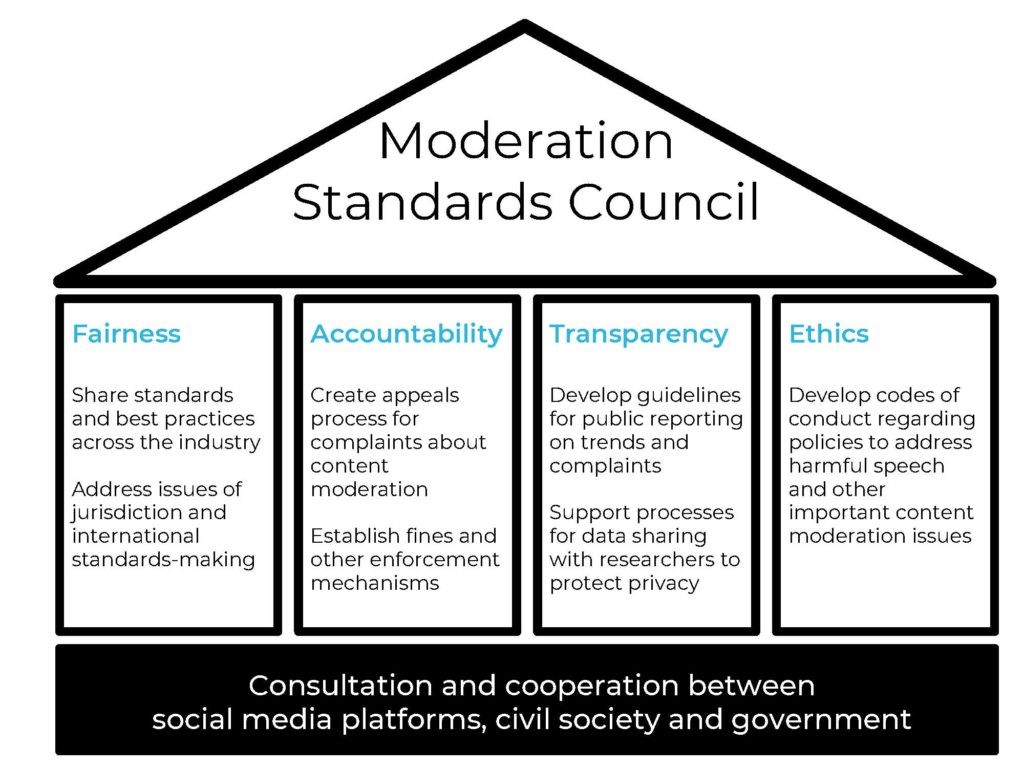[ad_1]

Context: Social Media role in Pandemic:
Has social media cumulatively helped the average citizen more in this pandemic than most modern governments?
Yes. It connected broken healthcare, breaking news, kind volunteers and depressed loved ones through a digital string in a way a lot of heads of states failed to do.
But we need these mediums for even more important reasons to amplify the crying rallies of the weak and curtail the trampling arrogance of the strong.
Media constitutes the 4th pillar of democracy. It plays an important role in keeping democracy alive and thriving. The role of the media is vital as a watchdog for uncovering errors and wrongdoings in the democracy.
Rise of Social Media in recent decade:
- The phenomenal rise of social media (SM) platforms such as Facebook, Twitter and others is proving to be a double-edged sword in the functioning of democracies.
- On the one hand, it has democratised access to information. On the other hand, it has concentrated power over that information with a handful of private companies, their billionaire owners, and certain ideologically committed activist groups.
- Billions of netizens around the world now feel empowered to bypass traditional curators of information, such as journalists and editors, in searching for their choice of content.
- They have also become creators and disseminators of content, not just consumers of it.
- This is further accentuated by tech platforms directing more content at people similar to what they have already seen, thus creating echo chambers of like-minded groups.
- On the other hand, misinformation on social media can alter public opinion for the worse and create a sense of panic and restlessness among the public.
- Social media is a platform which is highly liberal and it allows common citizens to put forward their views regarding a policy, act or ordinance.
- Social media allows people to directly communicate with their leaders and vice versa.
- The public opinion is amplified on social media, making democracy more transparent and even stronger.
Challenges of Social Media in Democracy:
- Social media has enabled a style of populist politics, which on the negative side allows hate speech and extreme speech to thrive in digital spaces that are unregulated, particularly in regional languages.
- Corporate and political power has overwhelmed large sections of the media, both print and visual, which lead to vested interests and destroy freedom.
- The rise of polarizing and divisive content has been a defining moment of modern politics, which is fed by fake news propagation through social media channels.
- Section 124a of IPC under which sedition is punishable by life imprisonment endanger the freedom of journalists. This lead to fear among journalists to work freely.
- Information Technology (Intermediary Guidelines and Digital Media Ethics Code) Rules, 2021 imposes certain obligation on significant social media intermediaries.
- Another dangerous element is the labelling and trolling of more rational voices or those who disagreed with the government’s actions or dominant public discourse as “anti-national.”
- Many terror modules were busted by police in India, all of whose members were groomed, trained, funded and armed by their handlers on social networking sites.
- World over, there are cases of terrorist operations, especially lone wolf attacks, being coordinated through social media.
Digital democracy can only evolve through platforms of freedom:
For the first time in history, we have an instrument that can question the seemingly invincible governments, make them accountable and bring sustained change driven by people beyond one vote in years.
According to Google Transparency Report, political parties mostly in the last two years have spent around $800 million (Rs 5,900 crore) on election ads.
Just on Facebook India, political ads of Rs 107 crore were run in the last two years. The dark parody is that the political parties need social media to survive far more than the reverse to stay afloat.
Way Ahead:
- Although India has the Press Council of India and specific regulations, the country needs more detailed law regarding the media to protect not only the freedom of expression and speech but also journalists’ safety.
- There is a need to establish independent press councils, media watch groups, Ombudsmen, and other media self‐regulatory bodies autonomous from the government.
- Similarly the media Wing of the I&B Ministry has been assisting various arms of the government in keeping an eye on activities on various social media platforms. Such practices must be encouraged at all scales and institutions.
- Several Social Media houses have put up a mix of automated and human driven editorial processes to promote or filter certain types of content.
- These Artificial Intelligence units will automatically flash the danger of mis reporting every time an image or news is shared. This practice must be strengthened and disseminated.
Conclusion:
As India is not a surveillance state, there must not be any illegal or unconstitutional check on the right to privacy and freedom of speech and expression which are the fundamental rights of every citizen.
Social media awareness is needed which may enable citizens to be in a position to distinguish between truth and falsehood – and to know when democratic processes are being manipulated.
There must be a balance as the Constitutions itself has provided several limitations on one’s right to speech and expression.
Social Media Platforms can provide safeguards in the event that democratic processes are being intentionally disrupted or harmful falsehoods are spreading, it can help people find out what is true.
[ad_2]

